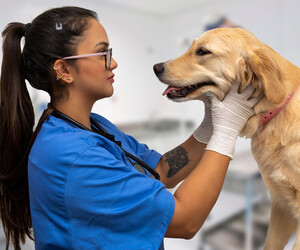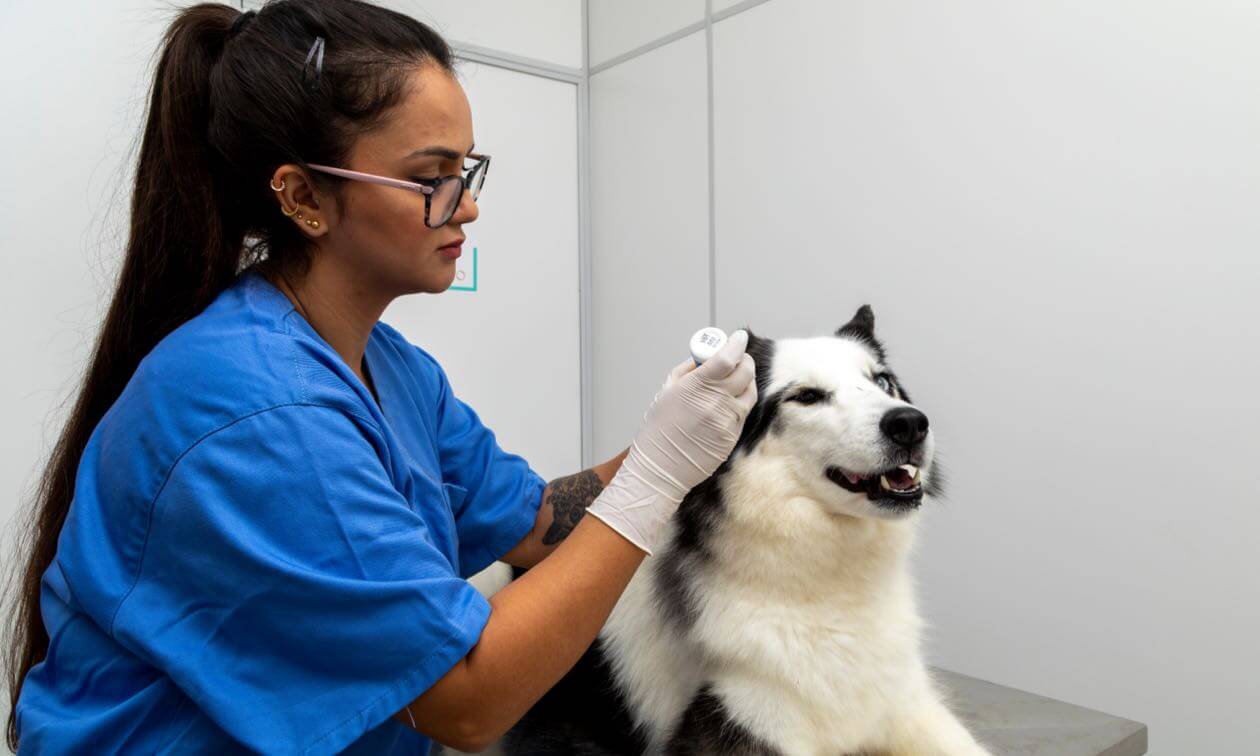Just How an Exotic Vet Can Deal Tailored Solutions for the Requirements of Uncommon Animals
Just How an Exotic Vet Can Deal Tailored Solutions for the Requirements of Uncommon Animals
Blog Article
Indications It's Time to Visit Your Neighborhood Veterinarian
Comprehending when to seek vet treatment for your family pet is vital for preserving their overall wellness and health. Being attuned to these subtleties can make a considerable difference in your family pet's high quality of life.
Changes in Eating Practices
Changes in consuming practices can be a vital sign of a pet dog's overall health. An unexpected increase or decrease in food intake can signal underlying medical issues that need veterinary interest. A significant decrease in appetite might suggest stomach issues, oral issues, or systemic illnesses such as kidney condition or cancer. Conversely, an unexpected boost in food intake could suggest metabolic disorders, diabetes mellitus, and even behavioral adjustments.
It is essential for pet dog proprietors to monitor their family pets very closely and keep in mind any discrepancies from their typical consuming patterns. This includes not just the amount of food eaten however additionally changes in the sort of food chosen or hesitation to consume specific items. In addition, family pets might exhibit adjustments in eating behaviors along with other indicators, such as sleepiness, vomiting, or adjustments in behavior, which can even more help in recognizing prospective health issues.

Inexplicable Weight Management or Gain
Keeping an eye on a pet dog's weight is as important as observing their eating routines, as inexplicable weight loss or gain can indicate significant illness. An obvious adjustment in weight, whether it be a significant decline or a boost, must not be neglected. Such fluctuations can signal underlying clinical problems such as diabetes mellitus, hyperthyroidism, kidney condition, or specific types of cancer.
In pets, abrupt weight-loss can result from stomach concerns, bloodsuckers, or dental issues that affect their capacity to consume. For felines, weight management can be particularly worrying, as it might indicate a major health concern that needs prompt attention. Alternatively, inexplicable weight gain can be linked to metabolic problems, over-eating, or also particular medications that might change appetite.
It is vital for family pet proprietors to monitor their pets' weight consistently and to note any kind of modifications in their body condition. It is advisable to consult your vet if you observe a constant pattern of weight loss or gain over a brief period. Early detection and intervention can bring about more effective therapy options and far better wellness outcomes for your cherished family pet.

Transformed Behavior or Energy Degrees
Often, pet dog proprietors might discover altered behavior or power degrees in their pets, which can be a critical sign of underlying health concerns. Modifications such as raised sleepiness, decreased rate of interest in play, or unusual aggressiveness can symbolize that something is awry. Family pets that commonly exhibit high power levels might suddenly come to be lethargic, while those that are usually calm might become agitated or hyper.
Additionally, alterations in daily regimens, such as changes in resting patterns, hunger, or social interactions, warrant attention. A dog that no longer greets its proprietor at the door or a feline that conceals more frequently might be experiencing distress. These behavioral changes can originate from various aspects, consisting of disease, discomfort, or psychological distress.

Signs of Pain or Discomfort
Identifying indications of pain or pain in family pets is essential for ensuring their wellness. Pets frequently exhibit subtle modifications in actions that may indicate they are experiencing pain. Usual signs consist of vocalizations such as whining, roaring, or yelping, which can signal distress. Additionally, a family pet might end up being a lot more taken out or show modifications in their typical sociability, liking to separate themselves.
Physical signs are also essential to observe. Pet dogs may present modified grooming habits, such as extreme licking of a particular area or neglecting their self-care altogether. Hopping, reluctance to relocate, or trouble in standing or resting are clear signs of pain. Adjustments in cravings or alcohol consumption habits may additionally suggest underlying discomfort, as family pets usually lose rate of interest in food when they are weak.
In addition, expect unusual stances; as an example, an animal might embrace a stooped placement or appear to protect a particular location of their body. If you observe any of these indicators, it is important to consult your veterinarian promptly. Early intervention can lead to much better administration of pain and enhance your pet's top quality of life.
Persistent Signs And Symptoms or Illness
Persistent signs or disease in animals call for instant attention and should not be neglected. If your pet dog shows ongoing indications such as vomiting, diarrhea, coughing, or lethargy for even more than 1 day, it is critical to consult a vet. These signs and symptoms can suggest underlying wellness concerns that may aggravate without timely intervention.
Persistent problems, such as allergic reactions, diabetic issues, or kidney condition, frequently present with recurring signs that can significantly impact your pet dog's high quality of life. In addition, modifications in appetite, weight management, or problem in activity are red flags that warrant more investigation. Overlooking these indications can bring about difficulties that are much more pricey and challenging to deal with.
It is likewise crucial to keep an eye on behavioral changes, as family pets might not always display evident physical symptoms. If your pet dog is uncommonly taken out, distressed, or aggressive, this can signify pain or pain that needs vet evaluation.
Conclusion
In conclusion, awareness of the more information signs indicating a demand for veterinary treatment is crucial for preserving pet wellness. Normal monitoring of a family pet's problem and timely action in feedback to worrying indications are essential parts of liable pet possession.
Modifications in eating practices can be an essential sign of an animal's overall wellness.It is vital for animal owners to monitor their pet dogs carefully and note any inconsistencies from their normal consuming patterns. Furthermore, pet dogs may show modifications in eating routines together with other indications, such as sleepiness, throwing up, or modifications in behavior, which can even more help in identifying possible health and wellness worries.
It is important for pet proprietors to monitor their pet dogs' weight consistently and to note any type of adjustments in their body condition. Normal surveillance of a pet's problem and prompt action in action to worrying signs are important elements of liable animal possession.
Report this page